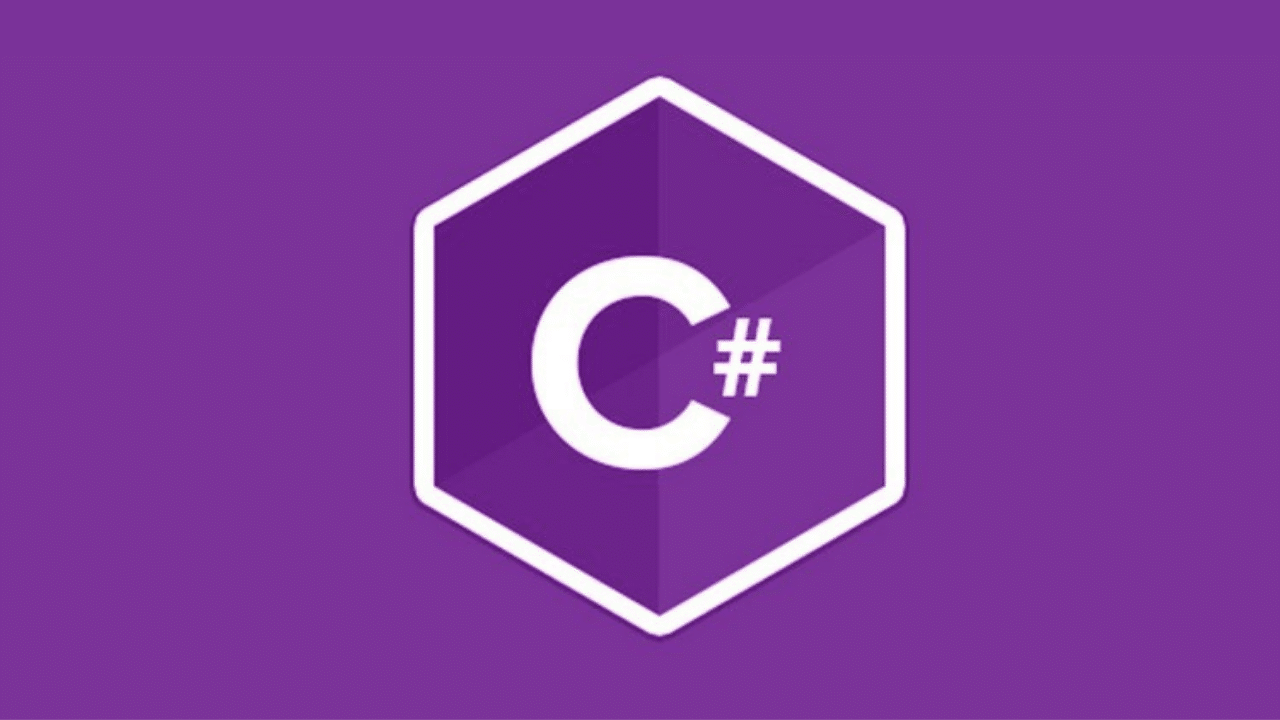C# Programming: Data Types and Variables
In the world of programming, data types and variables play a crucial role in storing and manipulating information. Whether you are a beginner or an experienced developer, understanding the fundamentals of data types and variables in C# programming is essential. In this article, we will explore the different data types available in C# and how variables are used to store and manipulate data.
What are Data Types?
Data types define the type of data that can be stored in a variable. In C#, there are several built-in data types, each designed for a specific purpose. Let’s take a look at some of the commonly used data types:
1. Integer
The integer data type represents whole numbers without any decimal places. It includes both positive and negative numbers. In C#, there are different sizes of integer data types such as byte, short, int, and long. The choice of the integer data type depends on the range of values you need to store.
2. Floating-Point
Floating-point data types are used to represent numbers with decimal places. In C#, there are two floating-point data types: float and double. Float is used to store single-precision floating-point numbers, while double is used to store double-precision floating-point numbers. Double offers higher precision than float but requires more memory.
3. Character
The character data type is used to store single characters. In C#, the char data type is used to represent characters. It can store any Unicode character, including letters, digits, symbols, and special characters.
4. Boolean
The boolean data type represents a logical value. It can only have two possible values: true or false. Booleans are often used in conditional statements and logical operations.
5. String
The string data type is used to store a sequence of characters. It is widely used for storing text and is one of the most commonly used data types in C#. Strings are immutable, meaning they cannot be changed once created.
Variables in C#
Variables are used to store data of a specific data type. They act as containers that hold values during the execution of a program. In C#, variables must be declared before they can be used. The syntax for declaring a variable is:
data_type variable_name;For example, to declare an integer variable named “age”, you would use the following code:
int age;Once a variable is declared, you can assign a value to it using the assignment operator (=). For example:
age = 25;You can also declare and initialize a variable in a single line:
int age = 25;Working with Variables
Variables can be used in various ways within a C# program. They can be used to store input from a user, perform calculations, and store the results. Let’s look at some examples:
1. Input from User
You can use variables to store input from a user. For example, if you want to store the user’s name, you can declare a string variable and use the Console.ReadLine() method to read the input:
string name;
Console.WriteLine("Enter your name:");
name = Console.ReadLine();2. Mathematical Calculations
Variables can also be used to perform mathematical calculations. For example, if you want to calculate the area of a rectangle, you can declare variables for the length and width:
int length = 5;
int width = 3;
int area = length * width;3. Storing Results
Variables can be used to store the results of operations or calculations. For example, if you want to store the result of adding two numbers, you can declare a variable to hold the sum:
int num1 = 10;
int num2 = 5;
int sum = num1 + num2;Conclusion
Data types and variables are fundamental concepts in C# programming. They allow you to store and manipulate different types of data, making your programs more dynamic and flexible. By understanding the various data types and how variables work, you can write efficient and effective C# programs.
